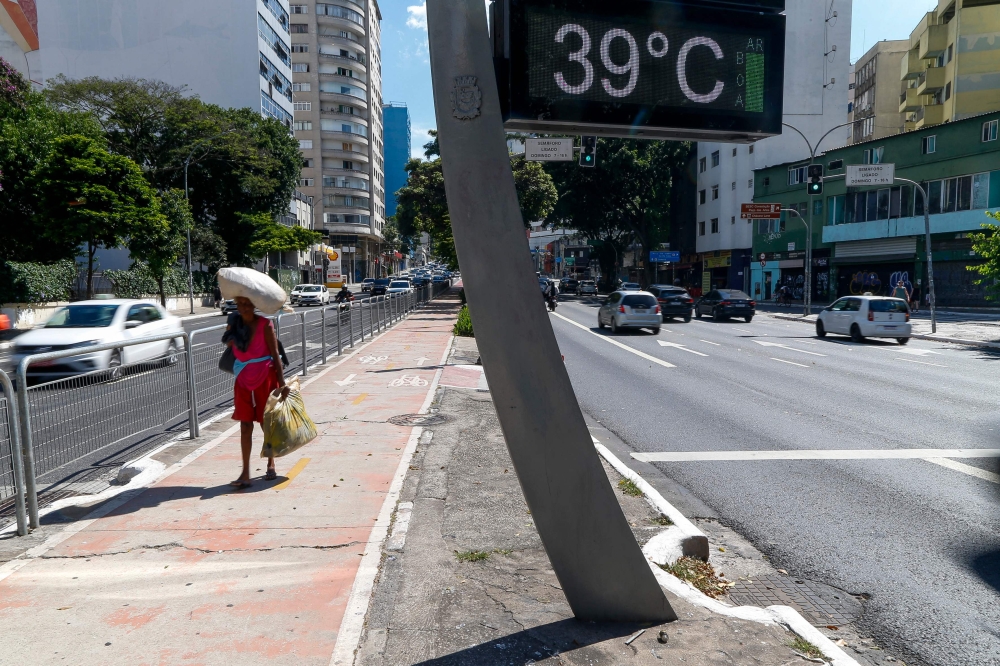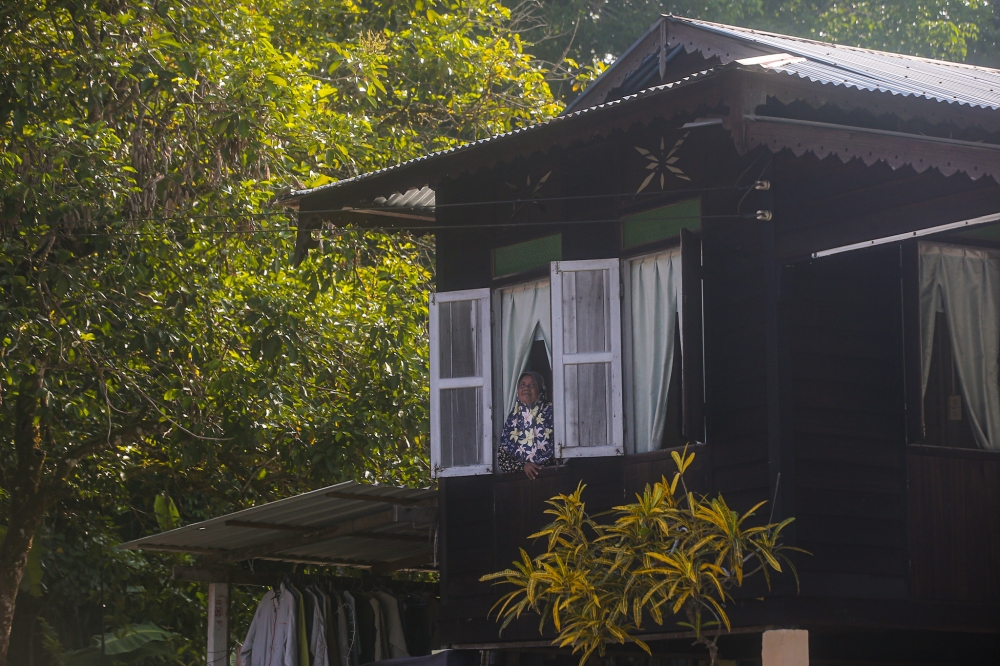KUALA LUMPUR, July 21 — The end of the now-annual heatwave was supposed to bring relief to Malaysians, but the promised cooler temperatures have not come.
Instead, the lingering and sweltering heat has moved lawmakers in Parliament to discuss the phenomenon, and what could be causing it.
This is was the Natural Resources and Environmental Sustainability Ministry said, after Beruas MP Datuk Ngeh Khoo Ham asked why Malaysia is now hot not just during the day, but also at night.
Is it getting hotter?
Yes. Global temperatures have risen by 1.1 degrees Celsius since the preindustrial age, according to the Intergovernmental Panel on Climate Change (IPCC) First Working Group Report.
In Malaysia, the Fourth National Communication Report (NC4) showed alarming increases in surface temperatures over the past five decades, with minimum temperatures up by 0.27 degrees Celsius and maximum temperatures by 0.24 degrees Celsius.
Data from the Malaysian Meteorological Department's (MetMalaysia) 433 surface observation stations nationwide show the average minimum temperature across the peninsula is now higher than just five years ago.
Environmental monitoring agencies in the US and Europe also concurred earlier this year that 2023 is the hottest year on record, which 2024 is also on track to surpass.

But why is it also hot at night?
Natural Resources and Environmental Sustainability Ministry said the rise in nighttime temperatures is linked to El Nino events and human activities.
The onset of El Nino in early 2023 triggered heat waves across Malaysia, with daytime temperatures surpassing 37 degrees Celsius for three consecutive days. This phenomenon also elevated nighttime temperatures, contributing to prolonged periods of higher temperatures.
Urban hell not just an expression
Aside from natural phenomena, human-driven changes such as urbanisation and infrastructure development have also transformed natural landscapes into built environments, reducing green spaces that absorb carbon dioxide and cool surrounding areas.
Urban areas experience heightened heat retention during the day, with trapped heat contributing to elevated nighttime temperatures, known as the Urban Heat Island effect.
Pollution, pollution, and more pollution
Additionally, activities like open burning and vehicle emissions release greenhouse gases such as carbon monoxide, carbon dioxide, sulphur dioxide, and nitrogen dioxide into the atmosphere.
These gases trap heat, preventing it from escaping into space and leading to increased temperatures, even during the night. These factors highlight the complex interplay between natural phenomena and human activities in shaping Malaysia's climate and temperature patterns.
Additionally, Malaysia is also experiencing the impacts of global warming through the gradual rise in sea levels due to polar ice melting and ocean warming. With over 8,000 km of coastline, Malaysia is highly vulnerable to sea level rise, which increases coastal erosion rates and saltwater intrusion into freshwater sources and aquifers, posing serious concerns for the nation.
What is being done about this?
According to the Natural Resources and Environmental Sustainability Ministry, the following steps are being taken to mitigate the climate change:
- Promote renewable energy sources like solar, wind, and biomass to reduce greenhouse gas emissions.
- Implement sustainable agricultural practices such as precision and organic farming, and agroforestry to enhance climate resilience.
- Transition to green and renewable energy sources while improving energy efficiency to decrease overall energy consumption.
- Support reforestation and conservation efforts to enhance carbon sequestration and biodiversity.
- Increase public awareness and advocate sustainable practices at community and individual levels.
- Develop resilient infrastructure capable of withstanding extreme weather events and improve all drainage systems.
- Enforce stringent environmental policies and initiatives to mitigate carbon footprints and promote sustainability.
- Invest in research and innovation to develop technologies for climate adaptation and mitigation.

What can you do in the meantime?
Climate change took decades to accumulate and while the world cannot afford to be slow in reversing this, it will still be years at least before any measure shows results.
Until then, here are some ideas on how to cope, by order of effort:
- Drink plenty of water: Consuming at least 30ml per kg of bodyweight will help stave of dehydration, even if this will not cool you.
- Choosing light, loose-fitting clothes can help improve circulation and provide some relief from the heat.
- Strategically opening windows early in the morning can let you take advantage of cooler temperatures then, while closing them before it gets too hot can stop the outside temperature from seeping it.
- Insulating your home can help to prevent heat from soaking into the building, thereby letting you run the air conditioner at higher temperatures or forego it entirely. Strategically placed fans also go a long way in boosting the effects of air conditioning.



















